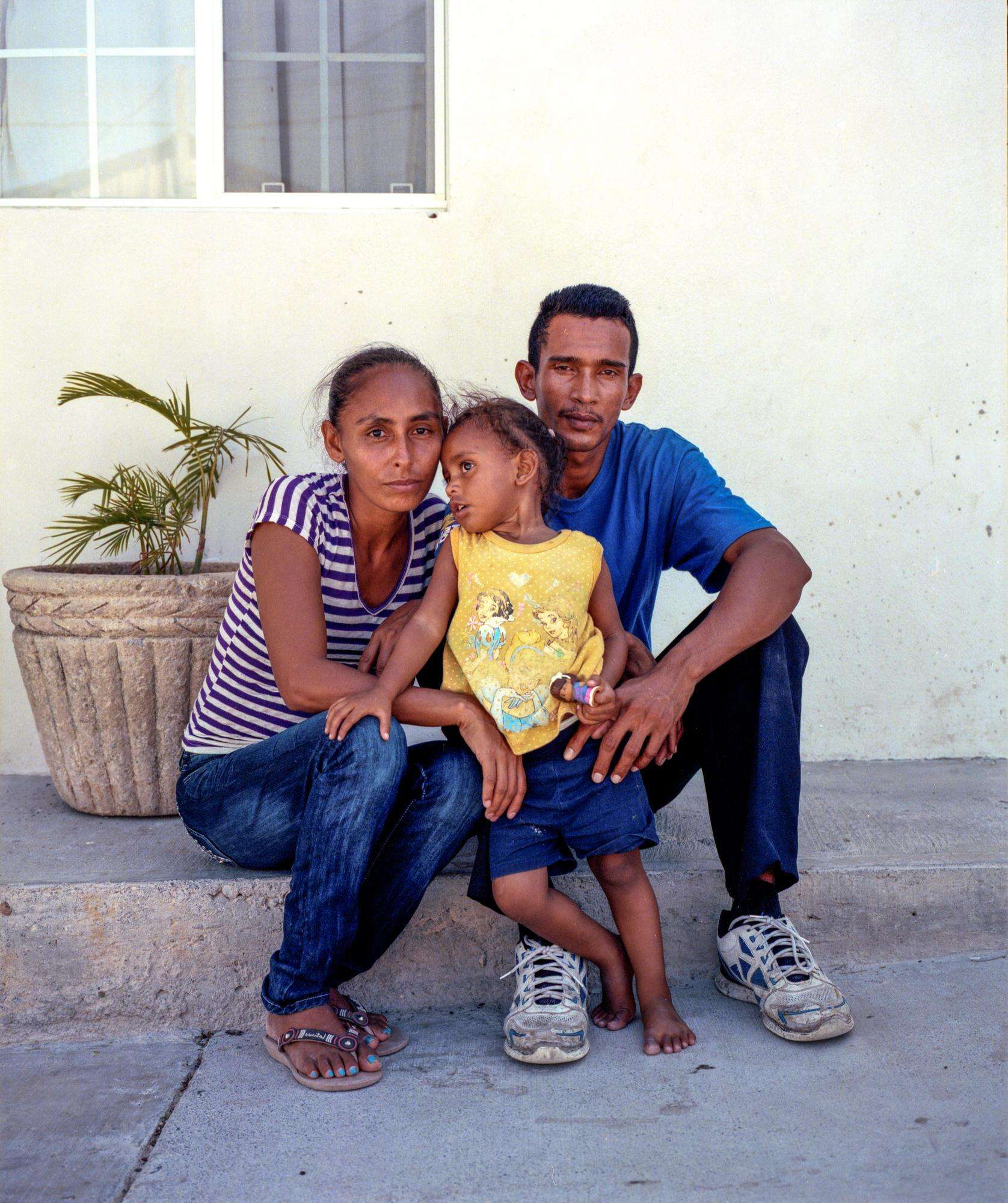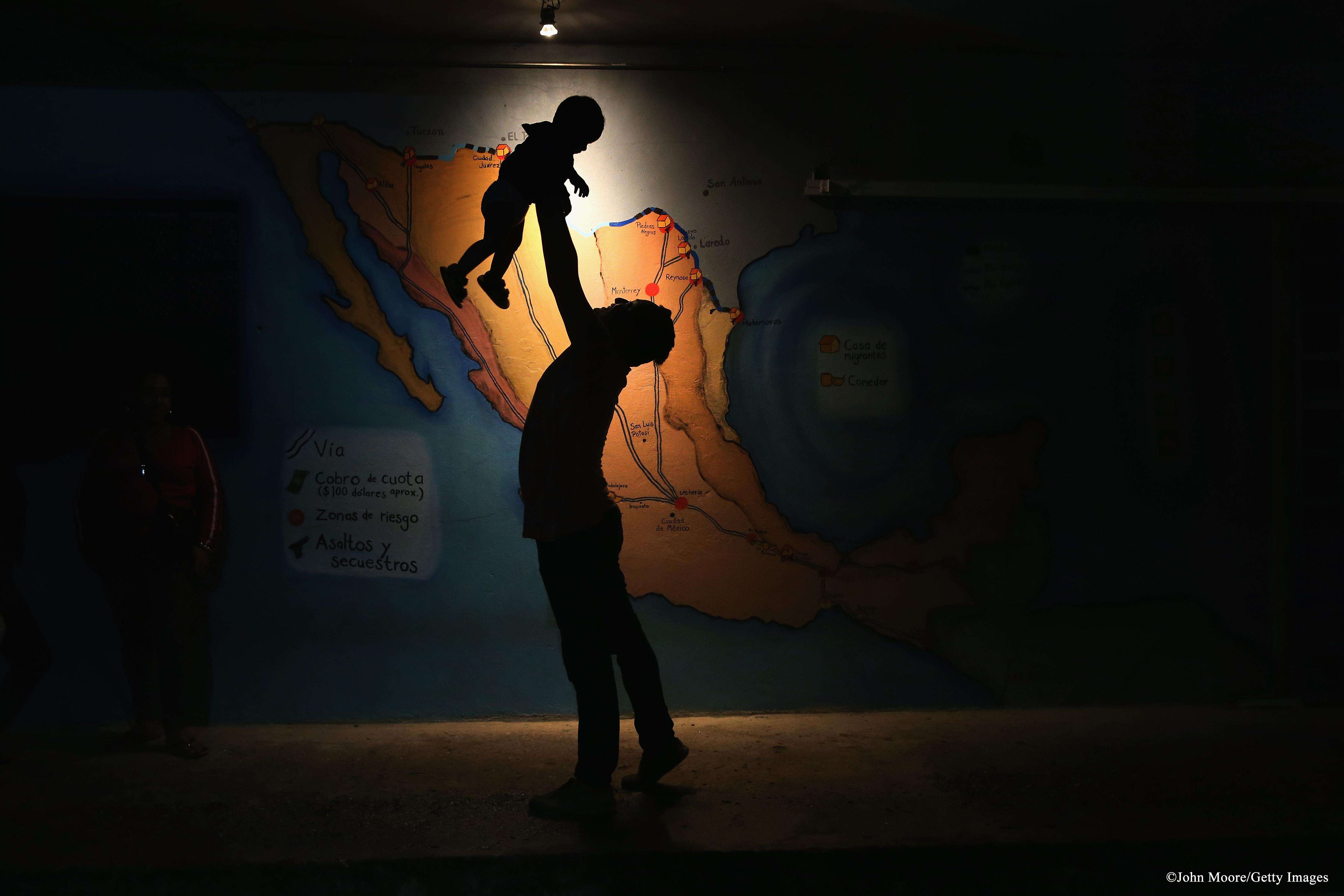Doctors Without Borders/Médecins Sans Frontières (MSF) regional advocacy manager Samuel Almeida is part of the team responding to the humanitarian crisis unfolding across the Northern Triangle of Central America and Mexico. Currently based in Tegucigalpa, Honduras, Almeida explains what’s driving the spike in forced displacement and migration across the region and what more can be done to help people at risk.
What is MSF doing in Honduras?
MSF has been in Honduras for more than 40 years now—we started in 1974 and we’ve been in the country for many different emergencies and crises. Currently we work with victims of violence, including sexual violence, in Tegucigalpa. In Choloma and San Pedro Sula we focus more on sexual and reproductive health care, and we run a maternity ward with the Honduran Department of Health. We also work at a clinic, doing mental health care and health education outreach with the community. Recently, we have started to work with returnees deported from the United States.
Why are Hondurans fleeing their homes?
In Honduras, economic issues and violence go hand in hand. Criminal violence affects everything—many people normalize it, so when they tell us they’re leaving home for economic reasons, that lack of opportunity could also be because of the violence.
We also see stigma against people who come from certain areas controlled by criminal groups—they sometimes can’t access jobs or even medical services. Many are threatened or extorted or have had family members killed. Last month, for example, we had a patient who couldn’t attend the funerals for her son and brother, both of whom were killed by criminal groups. She was threatened with violence if she showed up and was forced to flee the country.
Another issue not related to the criminal violence is the pervasive domestic violence. With very little recourse—police and judicial channels are inaccessible or outright closed to many victims—women don’t feel safe in the country and they see traveling to the US as their best chance for safety.
MSF teams care for people at every stage of the journey, including those who have been deported from the US. How do these patients describe their experiences?
People detained in the US often describe being held in what they call “the Fridge” for many days—these are very cold rooms where they don’t receive enough blankets. Many also say they don’t receive enough to eat, or that the quality of the food they do receive is poor.
It’s common for detainees to be transferred from facility to facility without knowing their rights or what’s happening to them. They are also often placed in federal prisons with convicted criminals when their only crime was crossing the border. It’s important to note that people have a legal right to seek asylum. In these facilities they’re obviously vulnerable, and many report seeing or being the victim of violence at the hands of other inmates.
MSF patients deported from the US have also reported being put on airplanes in handcuffs, with shackles on their waists, and that is also very traumatic for them. This treatment has both physical and mental health consequences. Our psychosocial teams see lots of anxiety and post-traumatic stress disorder among deportees who return to Honduras. These US border policies are meant to deter people from attempting to make the trip again, but what we hear is that most deportees want to keep trying. They feel like there is no hope for them here in Honduras.
How is MSF working to address the mental health needs in the region?
There is a big gap when it comes to available mental health care in [parts of] Mexico and in Honduras. We also see a lack of specialized mental health care for victims of violence. So our goal is to have mental health services in primary health facilities and also to work with the universities to provide this kind of education in their curriculums.
We work to raise awareness of these needs with politicians, universities, and nongovernmental organizations. In Honduras, a commission has been created to reform the health system. Because we have a good relationship with the Ministry of Health here, they connected us with the leaders of the commission, so now we have direct contact to push for the inclusion of mental health services.
From Yemen to Bangladesh to Democratic Republic of Congo, MSF is responding to the medical needs of displaced people in humanitarian crises around the world. Why is the situation in Central America a priority?
Whether it’s in the Mediterranean, Southeast Asia, or Central America, the world is facing a migration crisis right now, and it’s happening because governments have been unable to respond properly. People here in Honduras and Mexico are fleeing their homes for the same reasons people are risking their lives to cross the Mediterranean: they’re fleeing terrible violence and a deep lack of opportunity. As a medical humanitarian organization, MSF has the duty to try to alleviate the suffering of these people and to contribute to changing harmful policies.






